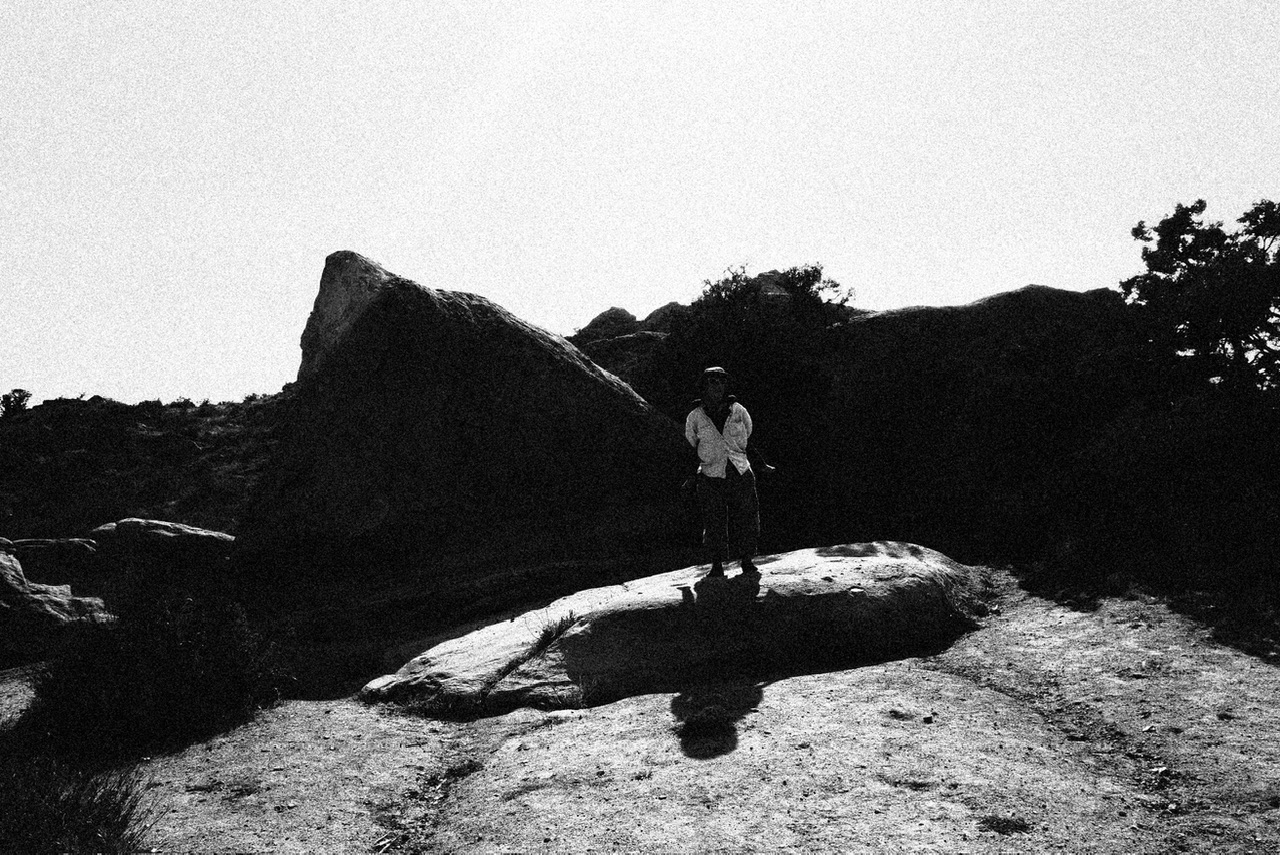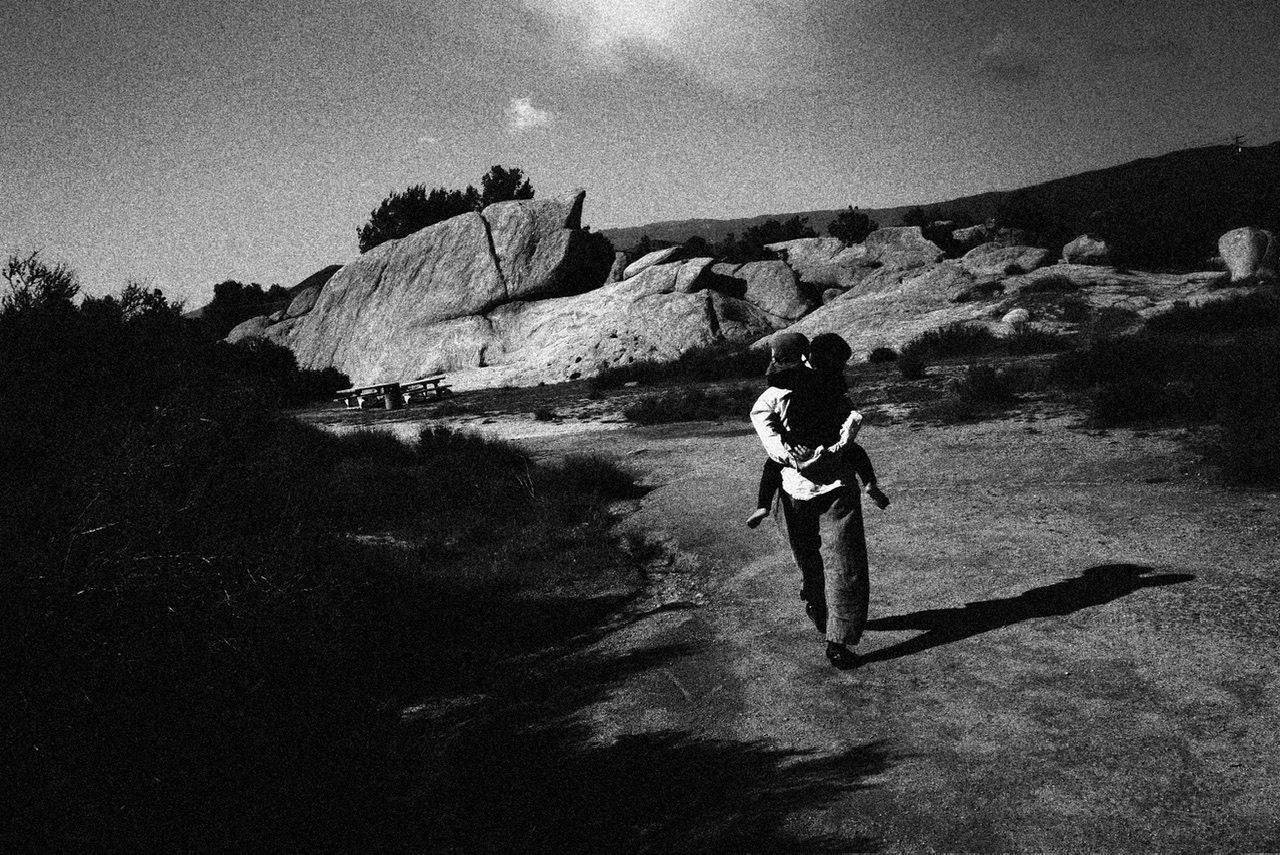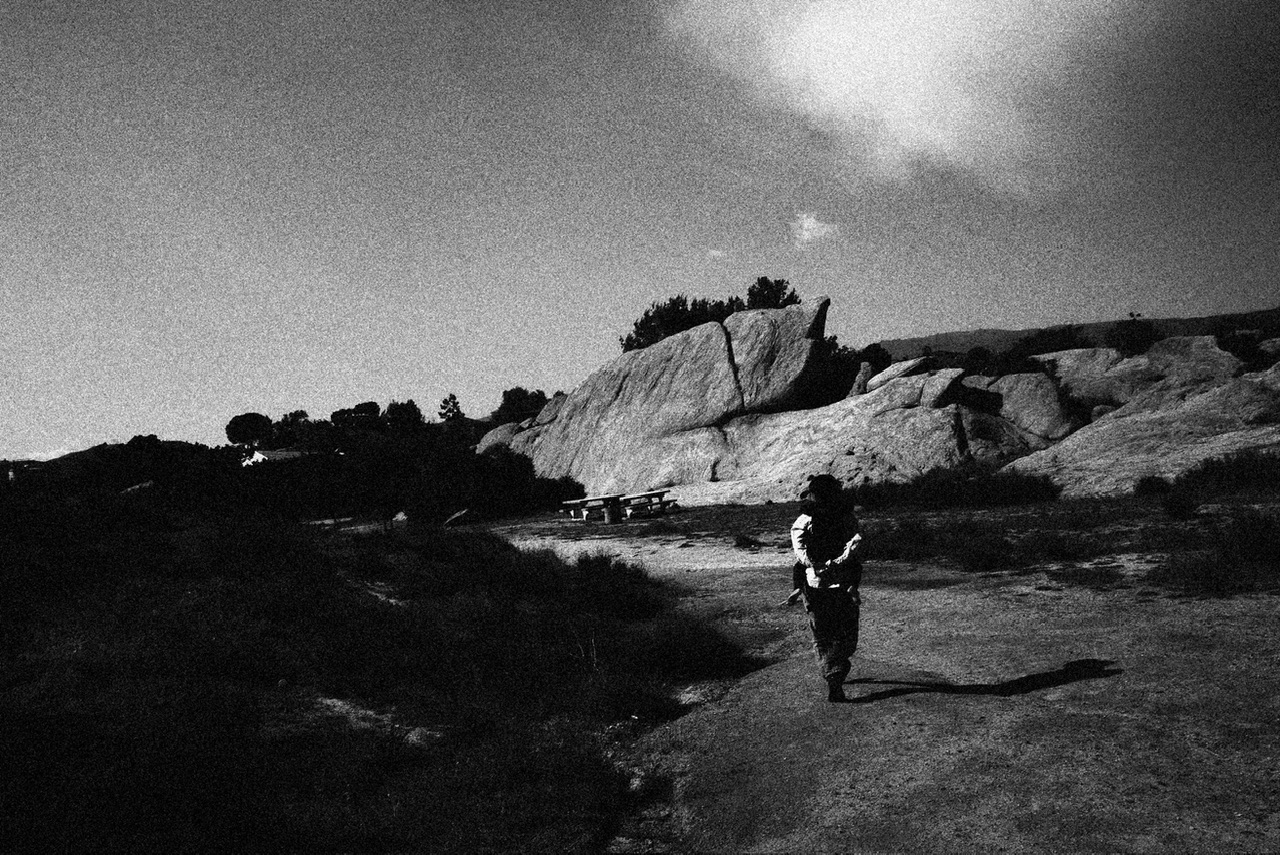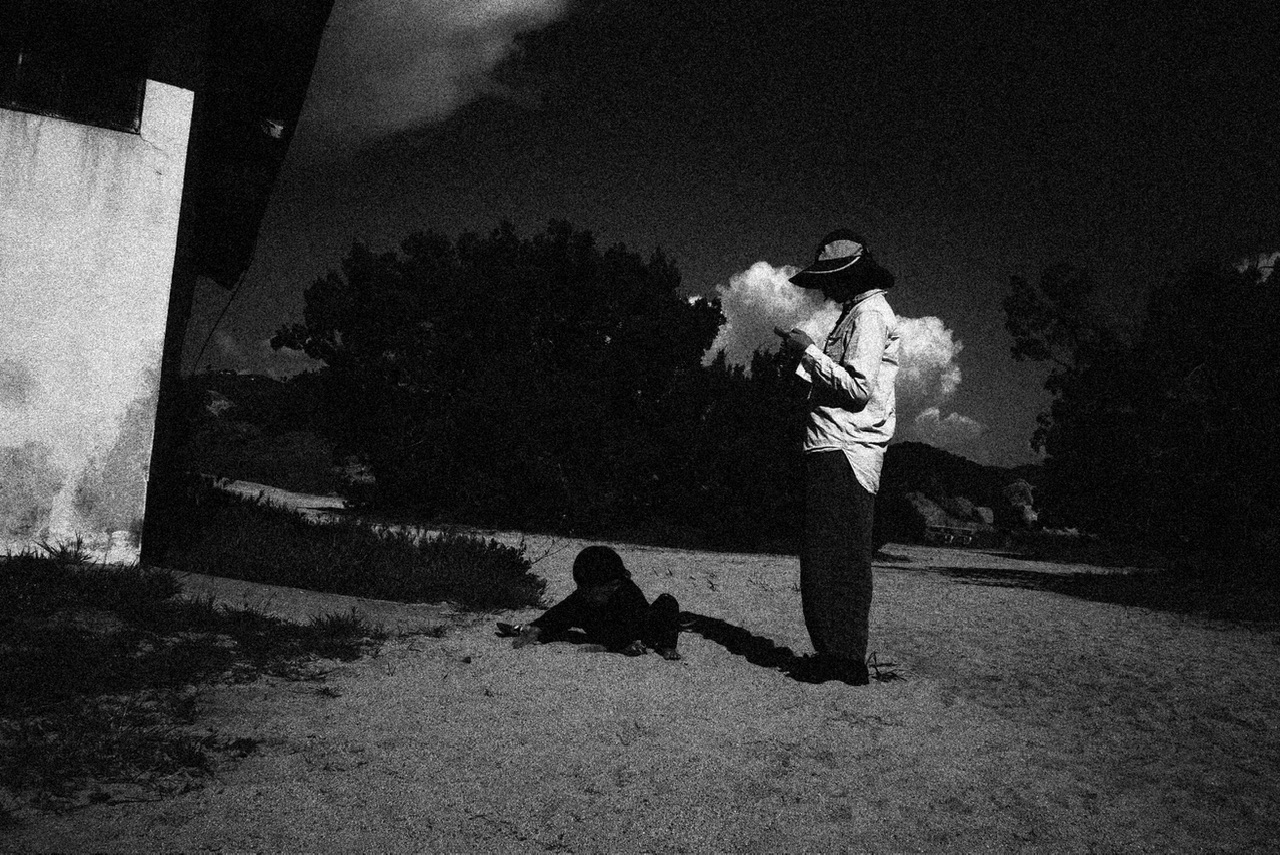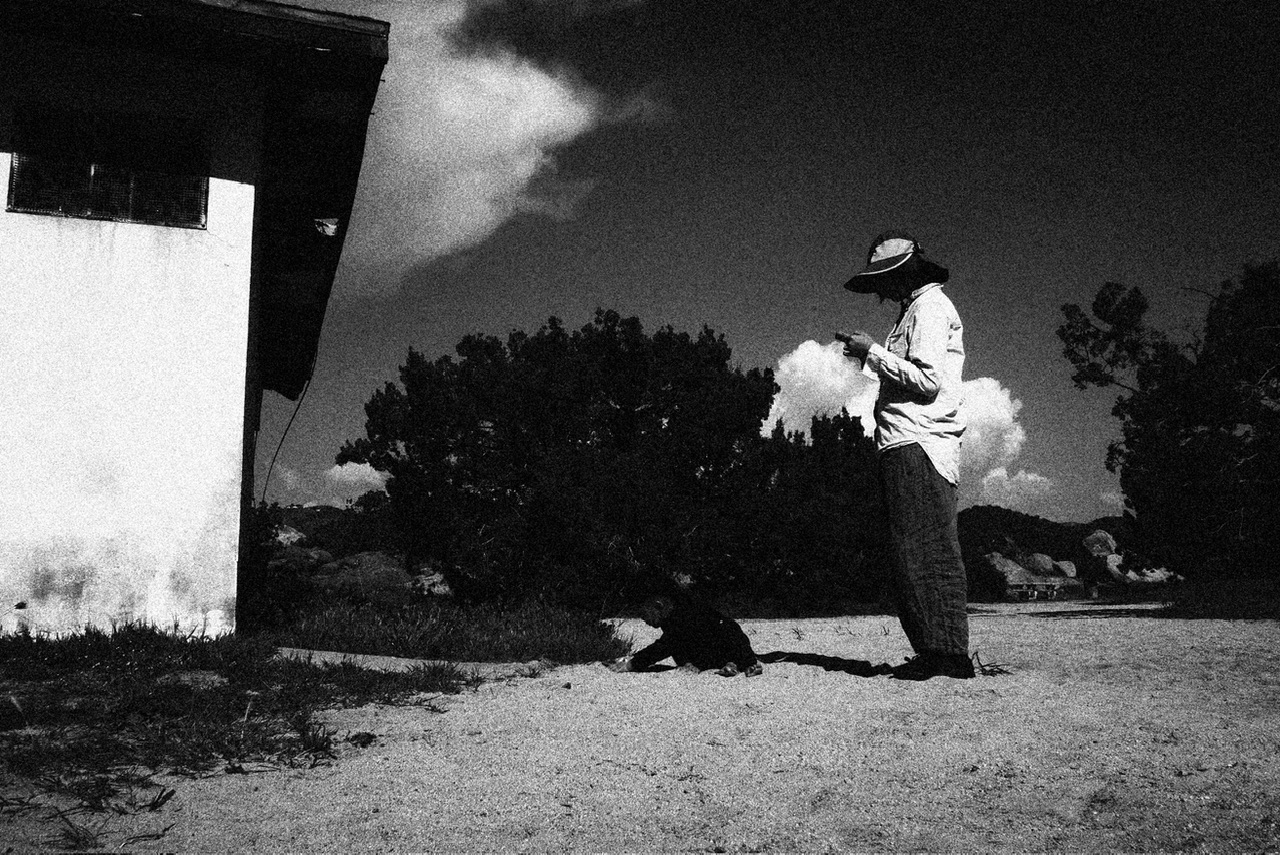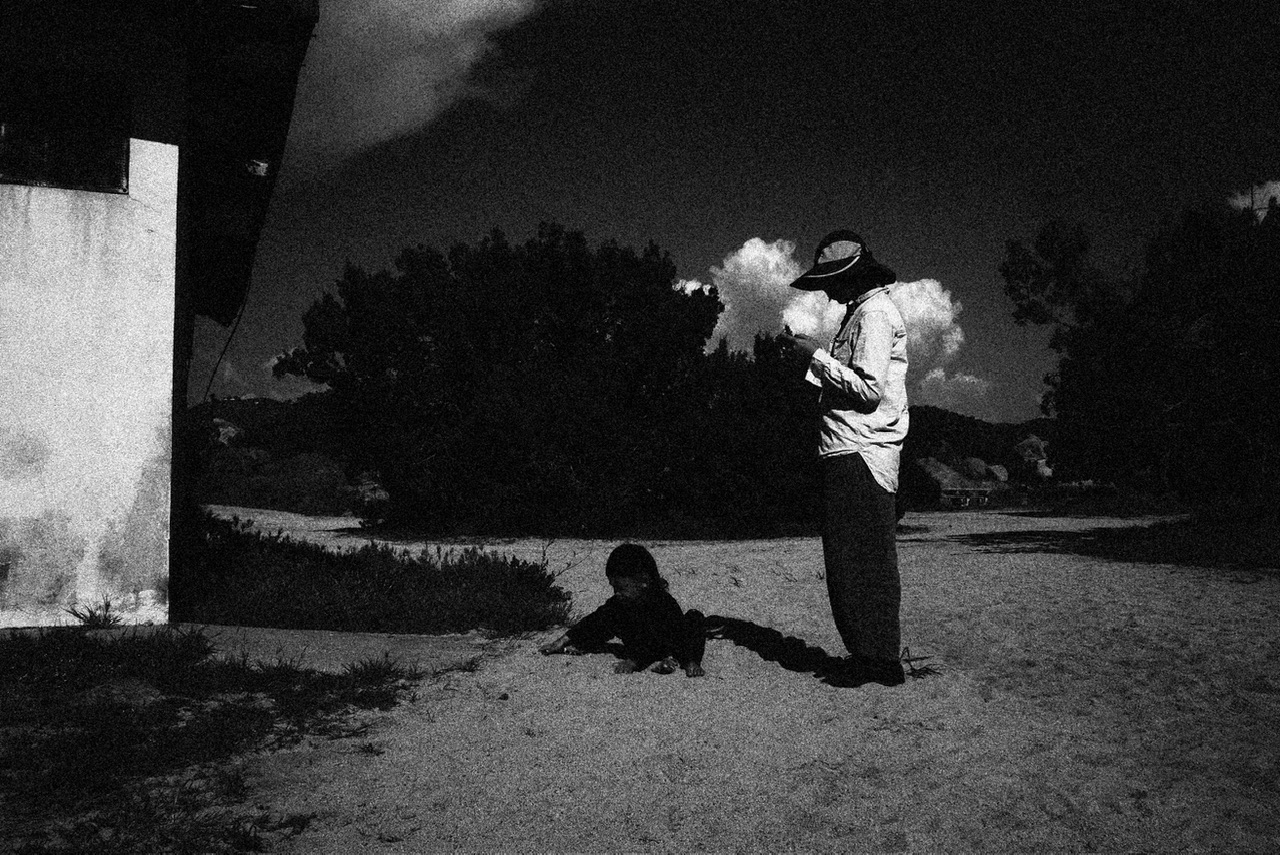Whether real or fake, zero calorie fake whatever
Month: March 2024
-
â€Trustâ€?
Trust as protection not faith?
Ultimately from Proto-Indo-European *deru- (“be firm, hard, solidâ€).
Be hard, firm, solid.
-
Why it called a trust
A “trust” was like a big team of companies controlled by a few people. This team could make things more expensive because there was no competition. “Antitrust” laws were made to stop these teams from being unfair and to help keep prices fair for everyone.
A “trust” was a way companies in the past combined their businesses under one group controlled by a few people. This made it easier for them to control prices and limit competition, which wasn’t good for customers or other businesses. The word “trust” comes from a legal idea where someone holds and manages property for someone else’s benefit. Because these trusts controlled so much and were seen as bad for the economy, laws were made to break up these big groups and encourage competition. These laws are called “antitrust” laws because they are against (anti-) the unfair practices of trusts.
The term “trust” in the context of business and economic history refers to a specific legal arrangement that became popular in the late 19th century, primarily in the United States. This arrangement involved consolidating the stock of several companies under the control of a single management or “trust.” The original shareholders would transfer their shares to the trust in exchange for trust certificates, effectively surrendering their direct ownership and control. The trust would then manage all the companies as a single entity.
This structure allowed for the centralization of decision-making and coordination among the companies within the trust, leading to more efficient management in some cases. However, it also enabled these trusts to control entire sectors of the economy, reduce competition, manipulate prices, and create monopolies. Notable examples include the Standard Oil Trust and the American Tobacco Trust, which dominated their respective industries until they were broken up by antitrust laws.
The term “trust” itself comes from the legal concept of a trust in property law, where one party (the trustee) holds property for the benefit of another (the beneficiary). In the context of these business arrangements, the trust held the companies’ assets and operated them for the benefit of the trust’s beneficiaries—the shareholders who received the trust certificates.
The use of trusts for this purpose became so widespread and associated with anti-competitive and monopolistic behavior that the laws designed to combat such practices were termed “antitrust laws.” These laws aimed to dismantle the monopolistic power of the trusts and restore competition to the market.
-
ARE MONOPOLIES BAD?
Large companies as called “trustwâ€â€” same as a “trust fundâ€â€” I think.
Antitrust laws —
- Apple with App Store monopoly — good for developers, users… everyone has an iPhone! However let us consider ,,, how much work Apple put forth to even create the platform of the App Store —
No Apple, no App Store Ecosystem.
Why called antitrust law
Why etymology “anti trustâ€
The etymology of “antitrust” is directly linked to the legal and economic history of the United States, particularly to the late 19th and early 20th centuries. During this period, the U.S. economy saw the rapid rise of large corporations and business entities known as “trusts.” These trusts were conglomerates of companies that came under the control of a single entity, often through a legal arrangement in which the stockholders in the individual companies transferred their shares to a single trustee in exchange for trust certificates. This arrangement allowed the controlling parties to consolidate and monopolize industries, reduce competition, and control prices, which was detrimental to the free market and consumer interests.
The word “antitrust” specifically refers to the opposition to such business structures and practices. “Anti-” is a prefix meaning “against,” and “trust” in this context refers to the large industrial trusts that dominated sectors such as oil, steel, and railways. Thus, “antitrust” laws were so named because they were aimed at fighting the power and influence of these trusts.
The Sherman Antitrust Act of 1890 was the first federal legislation enacted to address the issue, marking the beginning of antitrust law in the United States. It aimed to preserve competitive markets by outlawing monopolistic practices. The term “antitrust” has since been used to describe laws and regulations designed to combat anti-competitive practices and promote fair competition, even as the nature of corporations and market structures has evolved.
Antitrust laws, primarily found in the United States, are regulations designed to promote competition and prevent monopolies in the market. The term “antitrust” originates from the late 19th and early 20th centuries, a period when the growth of firms into large conglomerates, often through the formation of trusts, raised concerns about their power to fix prices, restrict competition, and control significant market shares. A trust was a popular way for businesses to merge their interests without merging their assets, effectively reducing competition.
The name “antitrust” comes from the U.S. government’s fight against these large trusts. The Sherman Antitrust Act of 1890 was the first federal act that outlawed monopolistic business practices. The term has stuck, even though the laws also apply to activities that do not involve trusts per se. Following the Sherman Act, other laws like the Clayton Act and the Federal Trade Commission Act were enacted to further refine and enforce antitrust regulations.
In essence, the term “antitrust law” reflects the historical context of its origin, focusing on dismantling the trusts that restricted competition, though its modern application encompasses a broader range of activities aimed at ensuring fair competition in the marketplace.
-
Why does everyone like to complain so much?
Complaining is only for the weak
-
THE MOST MASCULINE, THE MOST DOMINANT?
â€The ultimate powerâ€?
â€Silence!â€
-
Pain, Endurance & Overcoming is Not Virtuous
This weird thing —
The modern day trend is that to overcome pain, difficulty, toil obstacles whatever is virtuous?
No. True valor is simply courage,,, Spartan courage?
-
PERFECT FACES
I have always been a “face†guy
CINDY — out of all the women I ever met in college, life etc — nobody else had as perfect a face as Cindy?
Now — looking at the face of Seneca. Perfect hybrid of both me and Cindy — the perfect face?




-
Manipulate
Kids like to manipulate and move around and re-configure things?
-
Standing is Better than Squatting
In weight lifting exercise etc,,, why this cult of squatting?
-
Titan Fitness 60 Pound Weight Vest Review
Bought the 60 pounder — so legit.
-
I’m So Fucking Jacked
People hate me because they wish they were as jacked, imposing, epic and dominant like me?























-
Wow, this LA traffic thing is actually a really big problem
Just driving literally three minutes somewhere, but the traffic local on the way back is 15 minutes? This is insane.
Another plus one for trying to create a 100% pedestrian friendly experience living in LA?
-
My mind like a Tron bike
Bust a wheelie on the Zeitgeist! Ye
-
Concrete islands
What LA is
-
BECOME A DEVELOPER
Developers have big balls —
-
“Guys hate on you because they can’t be youâ€
Niggas hate you because they can’t be you — JAY Z
Throw them all in the bayou!
-
Is Bitcoin Antifragile?
Antifragile means the more you try to attack or destroy something it becomes stronger?
bitcoin is interesting because it has been pummeled to the ground, close to $15,000 a bitcoin after the big boom, and then it hit all-time new high at around 71 $72,000 a bitcoin… and it was able to survive the whole FTX meltdown thing.
That what attempts to destroy me only makes me stronger
So in some ways, after the whole FTX meltdown, reality almost tried to plummet bitcoin into oblivion to the ground. To zero.
But ever since the Blackrock ETF for bitcoin, now, there’s almost too much money tied into bitcoin for it to fail?
Is bitcoin too big to fail?
Perhaps.
What I find personally fascinating is by the time of the having, in which around the bitcoin reward goes from about 6 bitcoins a block to about 3 bitcoins a block— there will be this mad scarcity rush.
For example, if you saw your property value go down from $6 million a thing to $3 million a thing… If you saw your net worth half, certainly you would panic a bit.
Panic drives high(er) prices?
Also funny thing is technically bitcoin is not really worth anything. But then again the Internet is not really “worth†anything. Also, social media “followers†or “likes“ aren’t really worth anything… yet people still value it?
-
BET BIG ON BITCOIN
The more I think about it and consider it— bitcoin is truly the best idea:
1. Branding
First, bitcoin has the best trending by far. Everyone knows what it is, ever since the Blackrock bitcoin ETF, bitcoin is now officially mainstream.
Like Michael Saylor says, like in his CNBC interview, now anyone could just open up their Robinhood app, or typical TD Ameritrade app or whatever, and immediately start buying bitcoin ETFs.
2. Follow London
Everyone knows that London is the financial capital of the world and the planet. +0 UTC.
Now that London has approved the exchange traded note for crypto and bitcoin, it is all just uphill from now.
3. The logo
Big bright orange, the big B, with the two dollar signs; it is almost like an emotional trigger for me now. It has by far, by 1000X the best logo.
Ethereum no, can you try imagine having your mom trying to type out or pronounce Ethereum, especially if your mom is a secondary or first generation Asian Asian American immigrant?
Even Cindy‘s mom, who has “broken English†can easily pronounce bitcoin!
Bit + Coin!
Like Fernandinho Galliani said “On Moneyâ€â€”, even the word “ducatâ€â€” which was essentially the primary currency of their time, Galliani said that it had a beautiful sound and rolled off the tongue sweetly. I believe the same to you for bitcoin; it is easy to pronounce easy to remember, and rolls off the tongue easy.
4. Mainstream
ChatGPT knows what bitcoin is, what the logo is. Even my friend Natalie says:
All of the smart people that I know, in the bay area, owns at least a little bit of bitcoin and crypto!
5. Currency for the planet?
I think this is the real radical idea; the idea that bitcoin is not governed by any institution or government, not even the American government. In fact I would not be surprised if 10 years from now, you could easily pay your taxes just using your bitcoin. You can already use PayPal to pay your taxes— a big deal!
6. More volatility, greater lows means greater highs?
If bitcoin was able to survive and thrive after the whole FTX meltdown, certainly it is robust at best, maybe even antifragile?
-
Long Bitcoin, Short Dollars
CRYPTO BY KIM




Brave new world for photographers and crypto:
- ALL BITCOIN EVERYTHING
- Self-Custody
- HOLD OR CIRCULATE?
- BITCOIN OR BUST
- BITCOIN THOUGHTS
- Bitcoin is Sexy
- Fuck the Banks!
- Ethereum?
- Why Chainlink?
- BIG AMOUNTS, SMALL AMOUNTS?
- CRYPTO, CRYPTOCURRENCY THOUGHTS.
- The Philosophy of Crypto
- BITCOIN SHALL BE THE LAST CRYPTO STANDING.
- Bitcoin Price Prediction
- Trust chainlink for the most accurate prices for bitcoin or any other crypto
- BITCOIN
- There is No Web 3.0
- 2 cents to 2 dollars?
- Crypto.com?
- Speculation vs Investing
- Building with Bitcoin
- DYNAMICS VS STATICS.
- How Do You Know if the Timing Is Right?
- BITCOIN IN THE NEWS
- BITCOIN & UNCERTAINTY
- Fake Money
- Why I Bought More Bitcoin (Again)
- How I Made Money with Crypto
- Better to buy Dogecoin then buy a Tesla
- NO LIMITS.
- ALL DIGITAL FUTURE.
- Digital over Physical Possessions
- DIGIBYTE.
- CHAINLINK.
- The Excitement of Starting from Zero
- HAPTIC INDUSTRIES NOW ACCEPTING CRYPTO AND BITCOIN
- In Praise of Crypto
- JUST BUY IT.
- Why I’m So Bullish on Bitcoin
- Bitcoin as the Simplest Cryptocurrency
- Why I bought (more) bitcoin
- Once You Become a Crypto Billionaire, Then What?
- Why Crypto is Under-Hyped
- The Joy of Speculation
- BITCOIN AND CRYPTOCURRENCY FOR PHOTOGRAPHERS
- Why I Bought Bitcoin
- Crypto Photography
- Crypto Thoughts
- On Making Money from Nothing
- BITCOIN THOUGHTS
- Bitcoin is Sexy
- Fuck the Banks!
- Ethereum?
- Why Chainlink?
- BIG AMOUNTS, SMALL AMOUNTS?
- CRYPTO, CRYPTOCURRENCY THOUGHTS.
- The Philosophy of Crypto
- BITCOIN SHALL BE THE LAST CRYPTO STANDING.
- Bitcoin Price Prediction
- Trust chainlink for the most accurate prices for bitcoin or any other crypto
- BITCOIN
- There is No Web 3.0
- 2 cents to 2 dollars?
- Crypto.com?
- Speculation vs Investing
- Building with Bitcoin
- DYNAMICS VS STATICS.
- How Do You Know if the Timing Is Right?
- BITCOIN IN THE NEWS
- BITCOIN & UNCERTAINTY
- Fake Money
- Why I Bought More Bitcoin (Again)
- How I Made Money with Crypto
- Better to buy Dogecoin then buy a Tesla
- NO LIMITS.
- ALL DIGITAL FUTURE.
- Digital over Physical Possessions
- DIGIBYTE.
- CHAINLINK.
- The Excitement of Starting from Zero
- HAPTIC INDUSTRIES NOW ACCEPTING CRYPTO AND BITCOIN
- In Praise of Crypto
- JUST BUY IT.
- Why I’m So Bullish on Bitcoin
- Bitcoin as the Simplest Cryptocurrency
- Why I bought (more) bitcoin
- Once You Become a Crypto Billionaire, Then What?
- Why Crypto is Under-Hyped
- The Joy of Speculation
- BITCOIN AND CRYPTOCURRENCY FOR PHOTOGRAPHERS
- Why I Bought Bitcoin
- Crypto Photography
- Crypto Thoughts
- On Making Money from Nothing
-
Long Tesla, Short Apple
Also —
Long Bitcoin, Short the US DOLLAR
-
TESLA IS THE MOST VALUABLE COMPANY ON THE PLANET
Things to consider:
- Technically we could live without iPhones, but we cannot live without cars vehicles transportation.
- Tesla, Tesla vehicles are made in the states, in America, whereas iPhones and Apple products are made in China.
- Tesla is a company that is committed to trying to fix the whole energy, problem in the whole planet. Apple just wants to keep peddling more mediocre products?
Long Tesla, Short Apple
-
Increase Value
The way —
How to grease the value of your property, how to increase property value, how to increase company value, your own personal value?
- Bitcoin is the most valuable digital asset
The thought:
10 or 20 years from now… will the value of this be higher, about the same or lower?
***
Economics by KIM
- MAYBE IT IS A GOOD IDEA TO BUY HIGH
- Banks Are the True Menace to Society
- THE PROMISE OF FUTURE MONOPOLY PROFITS?
- High gas prices are good
- What is Capitalism?
- Pride in What You Paid For
- On Making Money from Nothing
- Save Money Towards What Ends?
- No Regret Investment



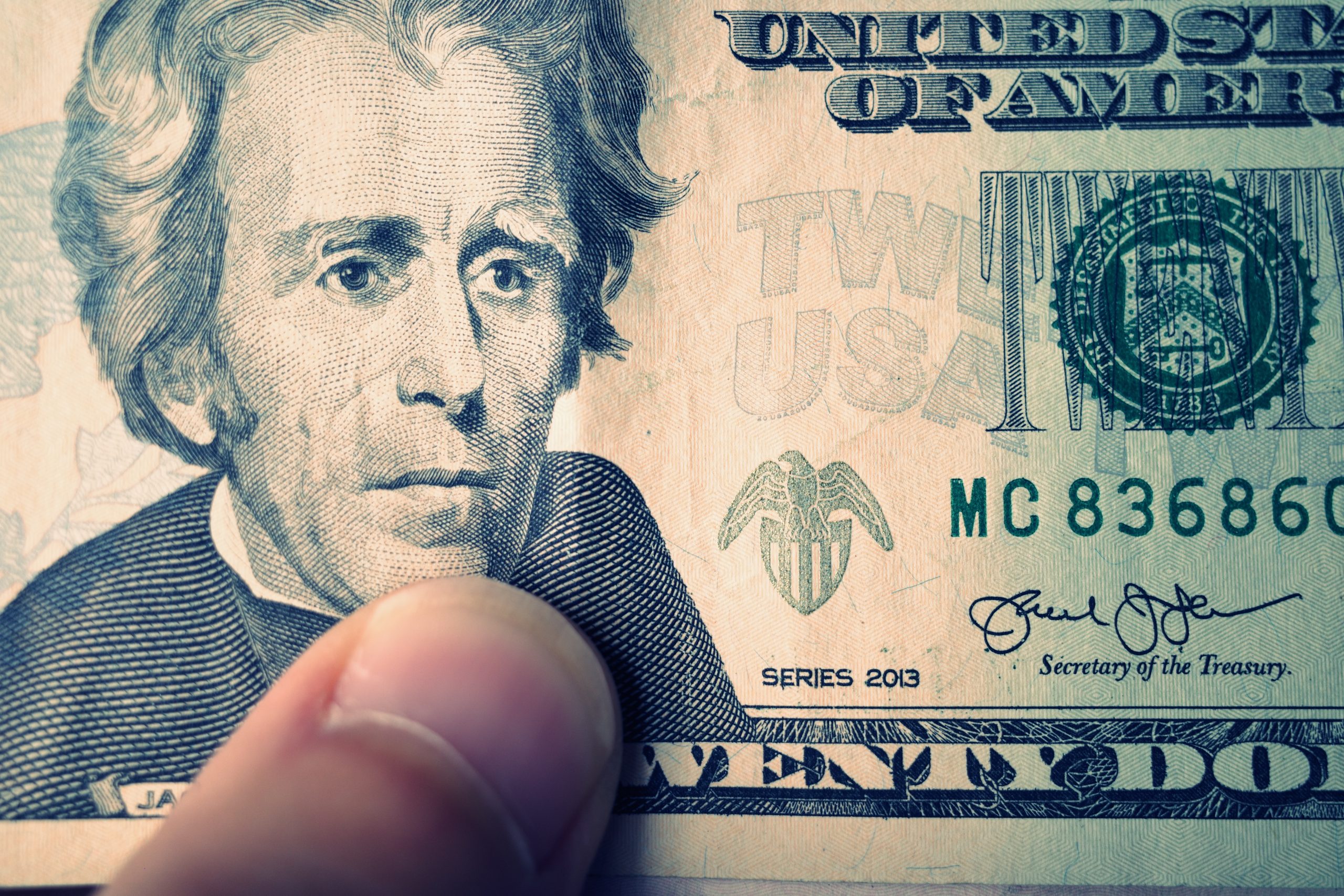
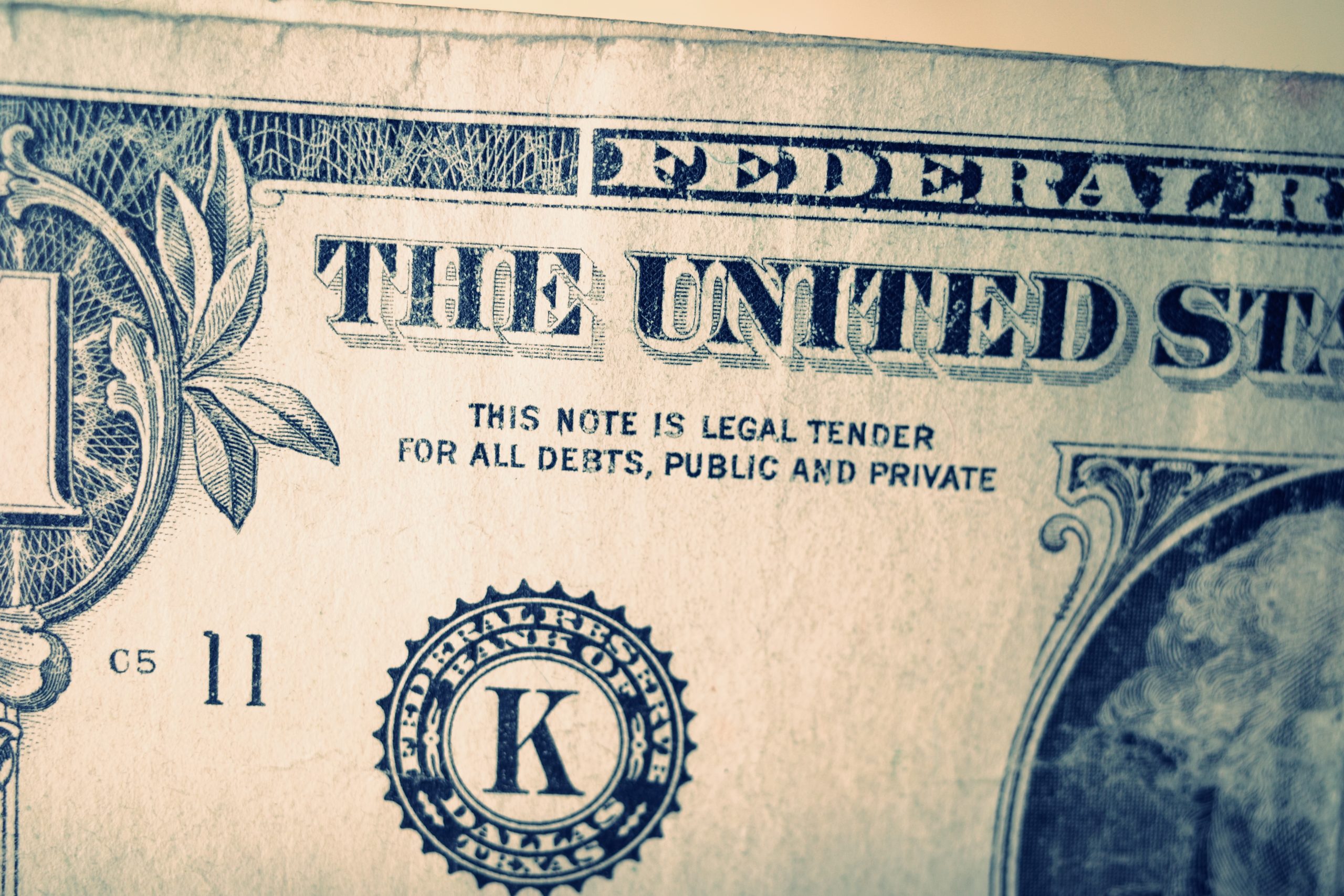










Money thoughts:
- DONT BUY IT, BUILD IT!
- Silver US Dollar
- THE PHILOSOPHY OF MONEY
- THE FUTURE OF MONEY
- Price Insensitive
- WHY JOBS?
- The Future Economy
- What is Money?
- Individual Economics
The Philosophy of Money
- How to Become Economically Independent
- Economic Dependency
- It’s the Economy, Stupid
- ERIC KIM PHILOSOPHY OF MONEY
- Debt is the Devil
- Capitalism is Cruel
- In Praise of Capitalism and Consumerism
- Capitalism as the Road to Tolerance
- DIGITAL CAPITALISM
- Capitalism 2.0
- In Praise of Capitalism
- CREATIVE CAPITALISM
- ZEN CAPITALISM
- Universal Basic Income






















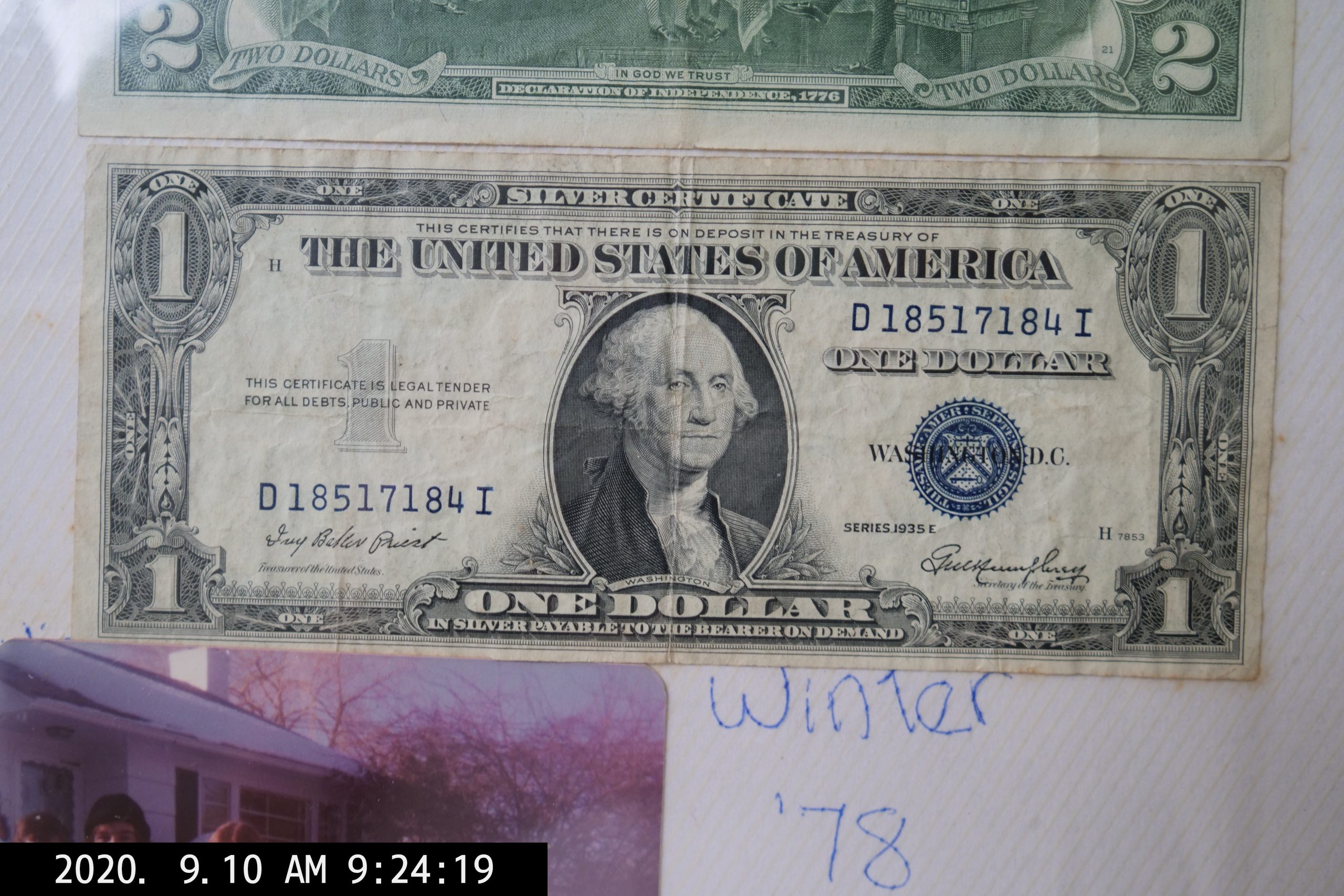





















-
KEEP WAITING.
For the right time to buy?
-
Do you really want land, for the sake of what?
For example, like a really big front lawn and a really big back lawn with lots of natural light, for the sake of what?
-
YOU CANNOT CONTROL THE SUN
The turbo thought this morning; no matter how rich you are or how powerful you are, or how much you will it, you cannot control the sun.
No man or person or even god can suddenly will the clouds to part, and the sun to come out.
The difference between the real sun and artificial UV sun.
Certainly better to have a fake sun than just be in the underground bunker.
Also, certainly there are hidden benefits of the real sun that even modern day science has yet discovered.
Upsides of sunlight
- Improves your mood, also regulating your circadian rhythm. Or another words, spending more time in the sun during the day helps you sleep better at night?
- Real tan — beautiful.
The difference between the real sun and artificial UV sun.
The difference between the real Sun and artificial UV (ultraviolet) sources, such as UV lamps, encompasses a range of factors including the spectrum of UV radiation emitted, their applications, and the health effects associated with exposure to these sources. Here’s a pragmatic and useful comparison:
1. Spectrum of UV Radiation
- Real Sun: The Sun emits a broad spectrum of electromagnetic radiation, including visible light, infrared (IR), and ultraviolet (UV) radiation. UV radiation from the Sun is categorized into three types based on wavelength: UVA (315-400 nm), UVB (280-315 nm), and UVC (100-280 nm). The Earth’s atmosphere absorbs all UVC and most UVB radiation, so the majority of UV radiation reaching the Earth’s surface is UVA, with a small amount of UVB.
- Artificial UV Sun: Artificial UV sources can be designed to emit specific types of UV radiation, often focusing on UVA or UVB, and in some specialized applications, UVC. These sources can provide a more controlled exposure to UV radiation, which can be beneficial for various applications but lacks the full spectrum of sunlight.
2. Applications
- Real Sun: Exposure to sunlight has several benefits, including the production of vitamin D in the skin, which is crucial for bone health and immune function. Sunlight also regulates circadian rhythms and can improve mood.
- Artificial UV Sun: Artificial UV sources are used in various applications, including medical treatments (e.g., for psoriasis, vitiligo, and seasonal affective disorder), tanning, sterilization and disinfection, and in scientific research. These sources allow for controlled exposure times and intensities, which can be tailored to specific needs.
3. Health Effects
- Real Sun: While moderate exposure to sunlight has health benefits, excessive exposure can lead to skin aging, DNA damage, and increased risk of skin cancer. The risks are associated with both UVA and UVB radiation.
- Artificial UV Sun: The health risks of artificial UV sources depend on the type and intensity of UV radiation, as well as the duration of exposure. Like natural sunlight, excessive exposure to artificial UV radiation can increase the risk of skin aging and cancer. It’s important to use these sources according to safety guidelines and recommendations.
4. Environmental Impact
- Real Sun: The Sun’s energy is a clean and renewable resource, with no direct environmental impact from its use for light or warmth.
- Artificial UV Sun: Artificial UV sources require electricity to operate, which may contribute to environmental impact depending on the source of the electricity. Additionally, the manufacturing and disposal of UV lamps can have environmental effects.
In summary, while both natural and artificial UV sources have their unique benefits and applications, they also come with specific considerations regarding health and safety. The use of artificial UV sources can offer controlled and specific applications not possible with natural sunlight, but it is essential to understand and mitigate the potential health risks associated with UV exposure.
-
Egyptian?
Studying Egypt, ancient Egypt is critical because the best way to understand a lot of the modern day religions is to understand ancient Egypt.
For example, that is consider Moses as an exile from Egypt.
The story of Moses, a central figure in Judaism, Christianity, and Islam, is rich in both religious significance and historical intrigue. His life is primarily recounted in the Hebrew Bible’s Book of Exodus, though details vary among religious texts.
Early Life
Moses was born in Egypt at a time when the Pharaoh had ordered the death of all newborn Hebrew boys to control the population of the Israelites. To save her son, Moses’ mother placed him in a basket and set it adrift in the Nile River. Pharaoh’s daughter found the basket and adopted Moses, raising him in the Egyptian court as her own.
Exile
As an adult, Moses discovered his true heritage and felt a deep connection to the Hebrews, who were enslaved by the Egyptians. The turning point came when he killed an Egyptian taskmaster who was beating a Hebrew slave. Fearing retribution, Moses fled Egypt to escape Pharaoh’s wrath. This marked the beginning of his exile.
He traveled to Midian, where he encountered the Priest of Midian, Jethro, whose daughter Zipporah he later married. During his time in Midian, Moses lived as a shepherd, a period of life that was transformative, leading him to a spiritual awakening.
The Burning Bush and Return to Egypt
While in Midian, Moses had a profound spiritual experience at Mount Horeb (Mount Sinai), where he encountered a burning bush that was not consumed by the fire. God spoke to him from the bush, instructing him to return to Egypt to free the Israelites from slavery. This divine encounter bestowed upon Moses a sense of purpose and destiny.
Armed with God’s command and signs, Moses returned to Egypt. Despite initial reluctance, including his self-doubt and fear of speaking due to a speech impediment, he was reassured by God’s promise of support and his brother Aaron’s assistance.
Leadership and Legacy
Moses confronted Pharaoh, demanding the release of the Hebrew slaves, which led to the ten plagues and the eventual Exodus of the Israelites from Egypt. Under Moses’ leadership, the Israelites embarked on a 40-year journey through the wilderness towards the Promised Land. Moses received the Ten Commandments from God at Mount Sinai, laws that would define moral and religious conduct for the Israelites and, by extension, much of Western morality and law.
Historical Perspective
The historical accuracy of Moses’ story and the Exodus has been debated among scholars and archaeologists. Direct archaeological evidence is scant, and the story’s details may blend historical events with theological and symbolic narratives. Regardless, Moses remains a figure of immense significance, embodying themes of liberation, lawgiving, and faith.
Moses’ life, especially his exile and return to Egypt, reflects themes of identity, justice, and leadership. His story has inspired countless generations, serving as a powerful example of resilience, faith, and the pursuit of freedom against oppressive forces.
-
Did the ancient Greeks believe in Zeus and the gods literally or metaphorically?
The ancient Greeks’ belief in Zeus and the other gods is a complex subject that intertwines literal and metaphorical interpretations, shaped by the era, location, and philosophical advancements of the time.
Literal Beliefs: In the earliest periods, many Greeks likely believed in the gods in a quite literal sense. Zeus and the Olympian gods were thought to reside on Mount Olympus and were credited with direct involvement in human affairs, natural phenomena, and the granting of favors or punishments. These beliefs were integral to daily life, rituals, and the social fabric, with various cities having patron gods who were worshipped with temples, festivals, and sacrifices.
Philosophical Interpretations: As Greek society evolved, particularly through the Classical and Hellenistic periods, philosophical interpretations of the gods became more prominent. Philosophers like Socrates, Plato, and Aristotle engaged with the concept of the gods in more abstract ways. For example, Plato often used the gods as symbols in his allegories and dialogues to convey moral and philosophical ideas. Meanwhile, the Stoics, who followed a philosophy that might align with your interest in Spartan stoic aesthetics, emphasized living in accordance with nature and reason, often interpreting the gods as representations of natural and moral laws rather than as beings with human-like whims and desires.
Cultural and Regional Variations: It’s also important to note that Greece was not a monolithic culture but a collection of city-states (poleis) with their own customs, traditions, and local deities. This diversity meant that beliefs could vary significantly from one place to another, with some regions perhaps holding more literal beliefs and others adopting more metaphorical or philosophical interpretations.
Syncretism and Evolution over Time: Greek religion and mythology were not static and evolved over time, influenced by interactions with other cultures and the internal development of philosophical thought. The rise of the Roman Empire and the eventual spread of Christianity also significantly altered the religious landscape, further complicating our understanding of ancient Greek beliefs.
In summary, the ancient Greeks’ belief in Zeus and the other gods cannot be categorized simply as either literal or metaphorical. It was a spectrum of belief that included traditional worship, philosophical speculation, and regional variations, evolving over centuries in response to changing social, cultural, and intellectual contexts.
-
BRING THE PAIN!
The great painbringer—
